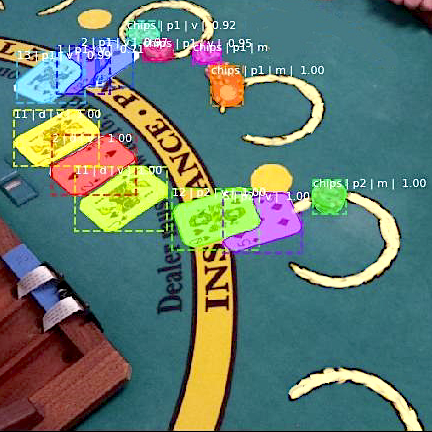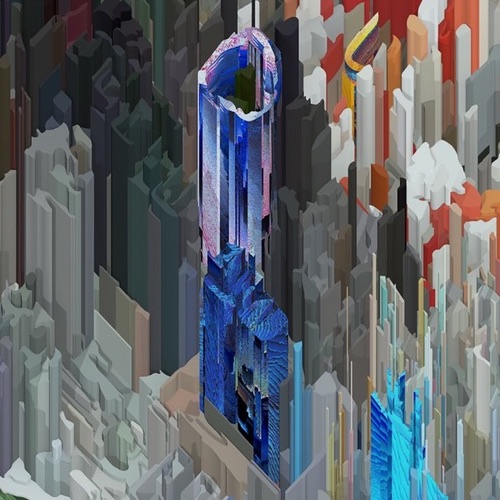Hello there!
I am experimenting with notion + super to build my new website. Check it our here.
News
[01/2021] Started as a Research Assistant at the Architecture & Artificial Intelligence Lab (AR2IL)
[09/2020] Paper with Naman Gandhi, Arushi Arora & Nilesh Kadam accepted at ICMLA 2020!
[06/2020] Spending summer at at Intvo Inc as Computer Vision Engineer Intern
[09/2019] Started as a Masters student at the University of Michigan!
Publications
 |
DeepGamble: Towards unlocking real-time player intelligence using multi-layer instance segmentation and attribute detection
|
Teaching
 |
EECS 442: Computer Vision (Winter 2021) |
 |
Deepdesign: Architecture & 3D Neural Networks (Summer 2020) |